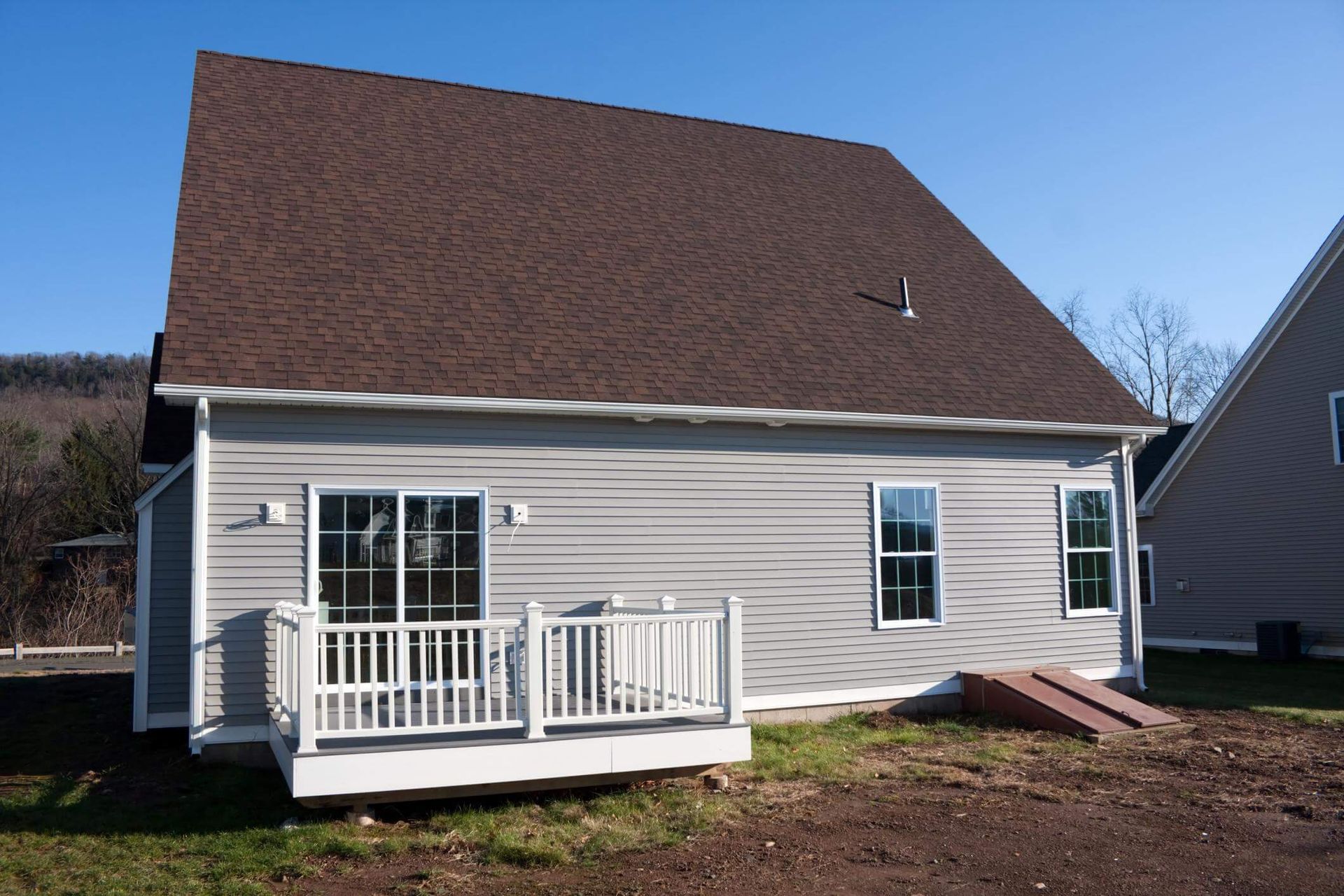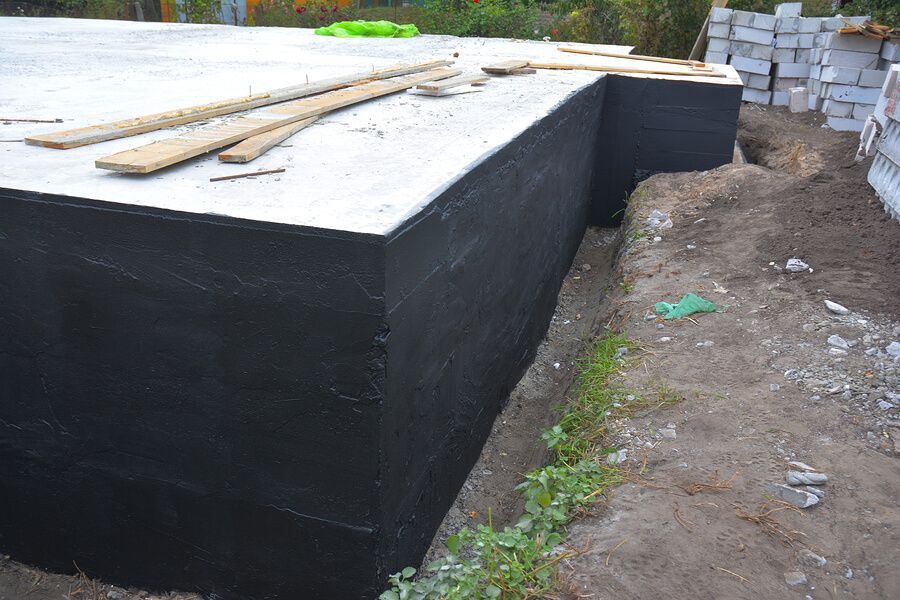Comprehensive Guide to Foundation Crack Repair: Methods, Costs, and Choosing the Right Professional
Identifying and Fixing Foundation Cracks: Your Essential Guide to Maintaining Home Stability
Cracks in the foundation of your home can be a worrying sight. Whether they appear in the basement, on the exterior walls, or in the concrete slab, foundation cracks can indicate underlying structural issues. In this comprehensive guide, we will explore everything you need to know about foundation crack repair, including costs, methods, and finding the right professionals. We will also discuss various types of cracks, such as those in concrete, cement, and basement foundations.

Understanding Foundation Cracks
Foundation cracks can occur for various reasons, including natural settling, soil movement, poor construction practices, and water infiltration. It's essential to identify the type of crack to determine the appropriate repair method. Common types of foundation cracks include:
1. Vertical Cracks:
Often caused by the natural settling of the house, vertical cracks are usually not a significant concern. However, they should be monitored for any changes in size or direction.
2. Horizontal Cracks: These are more serious and can indicate pressure from soil or water. Horizontal cracks require immediate attention as they can lead to structural failure.
3. Diagonal Cracks: Often caused by differential settling, diagonal cracks can vary in severity. It's crucial to assess whether they are widening or accompanied by other issues like sticking doors or windows.
Foundation Crack Repair Methods
The method used for foundation crack repair depends on the type, location, and severity of the crack. Here are some common methods:
1. Epoxy Injection:
This method is suitable for non-structural cracks and involves injecting epoxy resin into the crack to seal it. It is commonly used for basement foundation crack repair.
2. Polyurethane Foam Injection: Similar to epoxy injection, polyurethane foam is used to fill cracks. It expands upon injection, sealing the crack and preventing water infiltration. This method is often used for exterior foundation crack repair.
3. Carbon Fiber Straps: For horizontal or diagonal cracks that indicate structural issues, carbon fiber straps can be applied to stabilize the wall. This method is often used in concrete slab foundation crack repair.
4. Steel Push Piers: For more severe foundation issues, steel push piers can be driven into the ground to lift and stabilize the foundation. This method is effective for house foundation crack repair and can address issues like sagging or uneven floors.
5. Helical Piers: Similar to steel push piers, helical piers are screwed into the ground and can be used to stabilize the foundation. They are particularly useful for home foundation crack repair in areas with unstable soil.
Foundation Crack Repair Cost
The cost of foundation crack repair varies significantly depending on several factors, including the type of repair method used, the severity and location of the crack, and the overall condition of the foundation. Basic repairs, such as epoxy or polyurethane foam injections, typically range from $250 to $1,200 per crack, depending on the size and complexity. More extensive repairs, like those involving carbon fiber straps or steel push piers, can range from $600 to $3,500 per pier, especially in cases requiring significant structural stabilization. Additionally, factors such as local labor rates and material costs can also influence the overall expense. It's essential to obtain multiple estimates and choose a reputable contractor who offers a warranty on their work to ensure the best value and quality for your
foundation repair needs.
Finding Foundation Crack Repair Near Me
When searching for foundation crack repair services, it's essential to choose a reputable and experienced contractor. Here are some tips to help you find the right professional:
1. Research: Look for companies with a strong reputation in your area. Check online reviews and ask for recommendations from friends and family.
2. Experience: Choose a contractor with extensive experience in foundation crack repair. They should be familiar with the specific issues in your area, such as soil conditions and weather patterns.
3. Licensing and Insurance: Ensure the contractor is licensed and insured. This protects you in case of any accidents or damages during the repair process.
4. Estimates: Get multiple estimates to compare prices and services. Be wary of significantly low estimates, as they may indicate subpar materials or workmanship.
5. Warranty: Look for contractors who offer a warranty on their work. This provides peace of mind and ensures that the repair will be done correctly.
Concrete and Cement Foundation Crack Repair
Concrete and cement foundations are common in many homes. Over time, they can develop cracks due to natural settling, shrinkage, or external pressure. Concrete foundation crack repair and cement foundation crack repair involve similar methods, such as epoxy injection, polyurethane foam injection, or the application of carbon fiber straps.
For more severe issues, such as large cracks or signs of structural instability, it's essential to consult with a professional. They can assess the situation and recommend the best course of action, which may include underpinning or other stabilization methods.
Basement Foundation Crack Repair
Basement foundation cracks are particularly concerning as they can lead to water infiltration and moisture problems. If left unaddressed, these issues can result in mold growth, damage to belongings, and poor indoor air quality.
For basement foundation crack repair, epoxy injection and polyurethane foam injection are common methods. It's also important to address any underlying water issues, such as poor drainage or water pooling around the foundation. This may involve installing a sump pump, improving grading around the house, or repairing gutters and downspouts.
Exterior Foundation Crack Repair
Exterior foundation cracks can be caused by various factors, including weather conditions, soil movement, and tree roots. These cracks can compromise the structural integrity of your home and should be addressed promptly.
Exterior foundation crack repair often involves sealing the cracks with epoxy or polyurethane foam. In some cases, additional measures, such as installing a French drain or applying a waterproof membrane, may be necessary to prevent further damage.
Conclusion
Foundation crack repair is a crucial aspect of maintaining the structural integrity of your home. Whether you're dealing with minor cracks or more severe issues, it's essential to address them promptly to prevent further damage. By understanding the different types of cracks, the methods used for repair, and the associated costs, you can make informed decisions and protect your investment.
If you're looking for foundation crack repair near me, be sure to choose a reputable and experienced contractor. With the right
professionals on your side, you can ensure that your home's foundation is strong and stable for years to come. Whether you need concrete foundation crack repair, cement foundation crack repair, basement foundation crack repair, exterior foundation crack repair, or house foundation crack repair, it's important to take action promptly. By addressing the issue early and choosing the right repair method, you can protect your home and enjoy peace of mind.
For more information on foundation crack repair and to find the right professionals near you, explore our blog and contact us today.
You might also like
Book a Service Today
We will get back to you as soon as possible
Please try again later
SPEAK TO A TEAM MEMBER TODAY
480-771-0342



